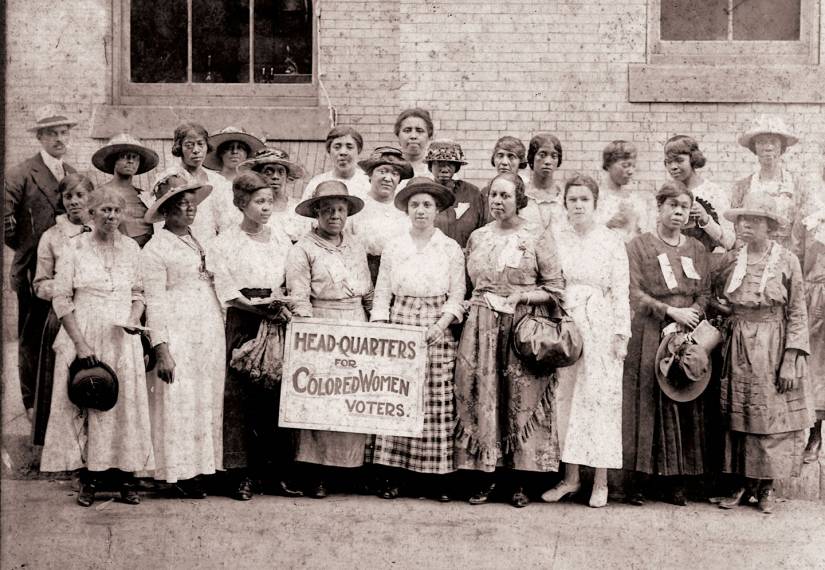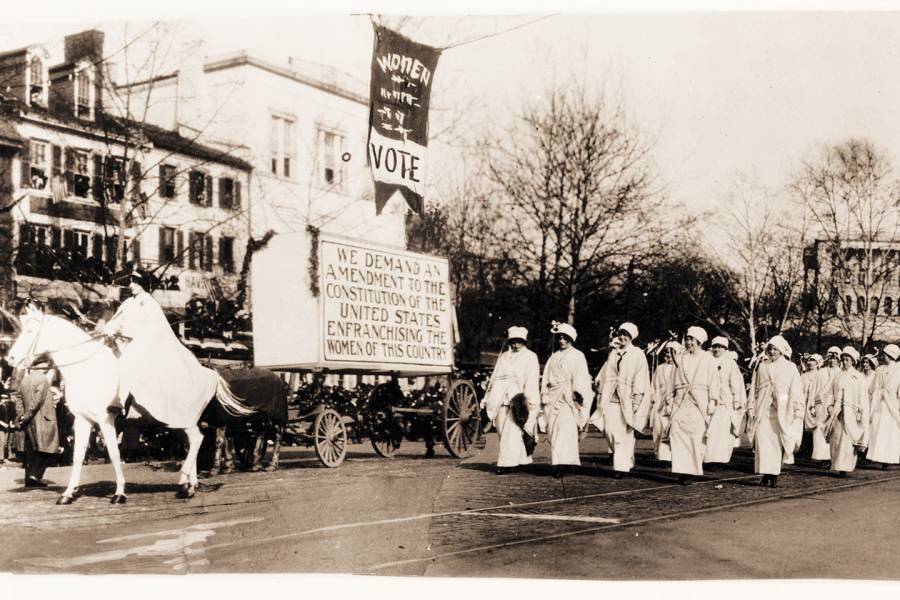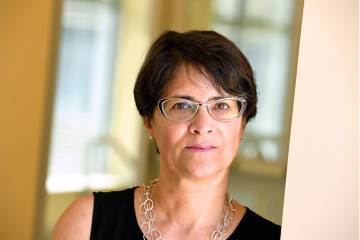The nation's first-ever large political march on Washington was held on March 3, 1913, when upwards of 5,000 women marched down Pennsylvania Avenue to demand the right to vote.
That groundbreaking event displayed many of the suffrage movement's virtues and vices. There was the persistence that—seven years later—culminated in the ratification of the 19th Amendment prohibiting states from denying voting rights based on sex. There was the powerful opposition to women's suffrage, embodied in some of the 100,000 counter-protestors whose violence landed 100 suffragists in the hospital that day. And there was the racism within the movement: The parade's organizers, led by feminist Alice Paul, feared the inclusion of African-American marchers would keep southern white marchers away. Most of the African-American marchers were placed at the end of the procession with the exception of a few permitted to join their state delegations, and even after the 19th Amendment was passed in 1920, many African-American voters still faced poll taxes, literacy tests, and other barriers designed to disenfranchise them, especially in southern states.

Image caption: While some African-American suffragists were permitted to march with their state delegations, most were forced to join the back of the march
Image credit: Courtesy of PBS
The march is one milestone of the suffrage movement among many to be explored in a PBS American Experience series this summer. Airing July 6 and 7, "The Vote" will celebrate the 100th anniversary of the passage of the 19th Amendment with stories of leaders both well-known and unsung, as well as the controversies and divisions that marked the movement and continue to shape the state of the vote and voters today.
"I'm glad that, with all else that is demanding our attention, we can continue to stay true to our full mission and get the story of the 19th Amendment anniversary out there to our students and beyond," says Martha Jones, Society of Black Alumni Presidential Professor and a professor of history.
Jones, who appears as an expert in the series, will also serve as a guest during a free virtual screening this week of a clip from the show focusing on the 1913 protest. Extended: The Washington Parade of 1913 will give participants an in-depth look at the leaders and controversies surrounding the parade. Following the screening, Jones—along with another historian and two of the series' producers—will lead a discussion on the issues raised, with participants encouraged to ask questions and join the conversation.
The screening and discussion are scheduled for Tuesday, April 28, from 6 to 7:30 p.m. EST. Register online to receive webcast information and a viewing link.
A second clip from the series, Extended: Upping the Ante and Jailed for Freedom, which explores the daily picket Paul led outside the White House in 1917 and the controversy it caused, will be screened Wednesday, April 29, from 8 to 9:30 p.m. EST and will feature different guests. Register for this screening and discussion online to receive webcast information and a viewing link.
The screenings come amidst a year of events, seminars, and exhibitions Johns Hopkins is offering in partnership with several Baltimore cultural institutions to commemorate the 19th Amendment's ratification.
Posted in Politics+Society
Tagged martha jones, women's suffrage, 19th amendment









